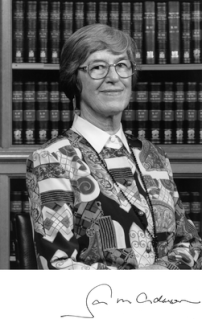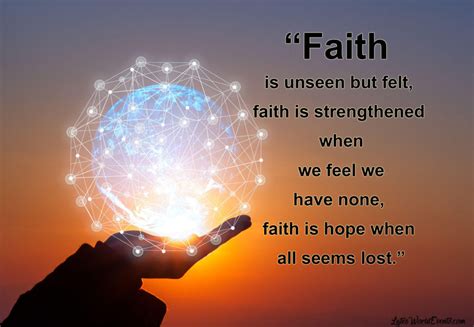A Quote by Lou Holtz
If you've been there, no explanation is necessary. If you haven't, none is adequate.
Quote Topics
Related Quotes
If you wanted to show a mirror to people that says, 'You've been drunk on money,' they're not going to want to see it. But if you reflected that mirror on another time they'd be willing to. People will need an explanation of where we are and where we've been, and 'The Great Gatsby' can provide that explanation.
To give a causal explanation of an event means to deduce a statement which describes it, using as premises of the deduction one or more universal laws, together with certain singular statements, the initial conditions ... We have thus two different kinds of statement, both of which are necessary ingredients of a complete causal explanation.
The exertions that men find it necessary to make, in order to support themselves or families, frequently awaken faculties that might otherwise have lain for ever dormant, and it has been commonly remarked that new and extraordinary situations generally create minds adequate to grapple with the difficulties in which they are involved.
[Theory is] an explanation that has been confirmed to such a degree, by observation and experiment, that knowledgeable experts accept it as fact. That's what scientists mean when they talk about a theory: not a dreamy and unreliable speculation, but an explanatory statement that fits the evidence. They embrace such an explanation confidently but provisionally - taking it as their best available view of reality, at least unil some severely conflicting data or some better explanation might come along.





































